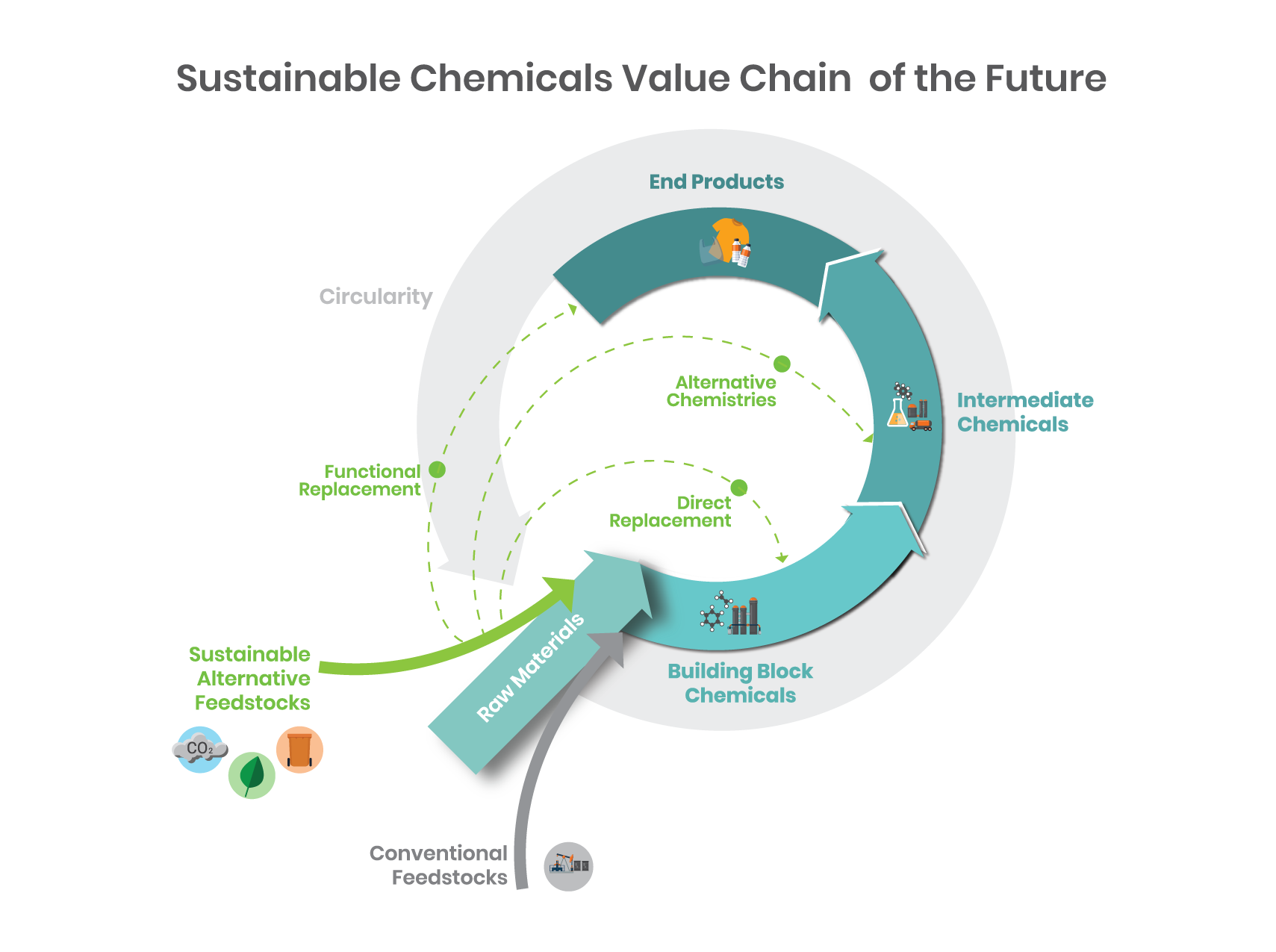Discover the current Technologies in Chemical Products for Boosted Efficiency
Discover the current Technologies in Chemical Products for Boosted Efficiency
Blog Article
Secret Factors To Consider for Selecting the Right Chemical Products to Achieve Effective Integrated Solutions in Your Workflow
Choosing the suitable chemical items for incorporated services in operations calls for a multifaceted strategy that includes different vital considerations. From analyzing chemical compatibility to making certain adherence to governing standards, each factor plays an essential role in maximizing operational performance and safety. Moreover, evaluating ecological influences and provider integrity can not be ignored in this intricate decision-making procedure. As companies make every effort to enhance their practices, the interplay of these components raises vital questions regarding ideal techniques and potential mistakes that merit further exploration.
Recognizing Chemical Compatibility

To evaluate compatibility, one ought to take into consideration aspects such as the chemical residential or commercial properties of the materials entailed, including pH, focus, temperature, and the existence of contaminations. Utilizing compatibility charts and data sources can give important insights into prospective communications. In addition, performing small examinations can help recognize unforeseen reactions that may not be documented.
Additionally, recognizing the ecological problems in which the chemicals will be stored or utilized is important. Elements such as humidity, light direct exposure, and temperature can affect the stability and sensitivity of chemical products. By prioritizing chemical compatibility throughout the choice procedure, companies can enhance operational performance, reduce the threat of crashes, and guarantee conformity with safety and security procedures. Eventually, an informed strategy to chemical compatibility is fundamental for keeping risk-free and efficient operational settings.
Examining Regulatory Compliance
In the facility landscape of chemical product choice, examining regulatory compliance is extremely important to guaranteeing not just safety and security but likewise legal adherence. Organizations needs to browse a myriad of regulations, from regional and national regulations to global standards, that control the use, storage, and disposal of chemical compounds. This needs a comprehensive understanding of suitable guidelines such as the Occupational Safety And Security and Health And Wellness Management (OSHA) criteria, the Environmental Defense Agency (EPA) standards, and the European Union's Enrollment, Evaluation, Authorisation and Restriction of Chemicals (REACH)
When selecting chemical products, it is necessary to validate that distributors give Safety and security Information Sheets (SDS) that information potential dangers and managing demands. Companies ought to validate that the chemicals conform with industry-specific policies, which may enforce additional specifications. Non-compliance can cause severe fines, including penalties and operational shutdowns.
In addition, companies must stay updated on governing modifications, as non-compliance can occur from obsolete methods. Developing a robust conformity technique, consisting of routine audits and employee training, can assist ensure adherence to existing laws. Inevitably, prioritizing regulative conformity not only alleviates threat but additionally boosts the organization's credibility and functional effectiveness.
Assessing Environmental Impact
Exactly how can organizations properly analyze the ecological effect of chemical items throughout the selection procedure? Organizations must begin by recognizing the prospective risks linked with each chemical, including toxicity, determination in the setting, and bioaccumulation capacity.
In addition, companies can leverage third-party accreditations and eco-labels that indicate conformity with environmental requirements - Chemical Products. Involving with providers that prioritize sustainability methods can also improve the selection process. It is vital to evaluate not just the straight impacts of chemical use yet also the indirect influences, such as energy consumption and waste generation
Carrying out life process assessment (LCA) approaches can supply comprehensive insights into the ecological footprint of chemical items, highlighting locations for renovation. By prioritizing transparency and partnership with stakeholders, companies can make enlightened choices that straighten with their sustainability objectives look at this web-site while minimizing unfavorable ecological results. This positive technique eventually promotes a much more accountable and eco-conscious operational framework.
Evaluating Cost-Effectiveness
While assessing chemical products for functional usage, organizations should also take into consideration cost-effectiveness as a vital consider the selection procedure. This entails examining not just the first purchase rate yet likewise the total price of ownership, which includes click for source aspects such as usage efficiency, upkeep, and disposal costs. Chemical Products. An item that appears affordable upfront might incur higher prices in energy intake or need even more regular substitute, ultimately influencing the bottom line
In addition, organizations must assess the capacity for price savings with maximized formulas that improve efficiency and decrease waste. For circumstances, items that require lower application prices or supply faster processing times can cause significant savings gradually. It is also important to consider the impact of regulatory compliance costs, as non-compliance can lead to fines and enhanced operational expenses.
Additionally, organizations should assess the lasting worth stemmed from the chemical items, including improved quality, increased productivity, and enhanced security. A detailed cost-effectiveness analysis empowers companies to make educated decisions that straighten with both their economic goals and functional goals, ultimately bring about lasting and efficient techniques.
Identifying Vendor Dependability
Supplier integrity is critical when selecting chemical items for operations, as it straight influences both item quality and functional efficiency. A trustworthy provider continually provides high-quality products on schedule, guaranteeing that your procedures continue to be undisturbed. To identify vendor integrity, begin by examining their online reputation within the industry. Seek out evaluations, endorsements, and study that highlight their performance and client contentment levels.
Following, think about the distributor's background of conformity with laws and requirements. A reputable distributor needs to have a robust quality control program that follows sector standards. Additionally, evaluate their capacity to offer technological support and item information, which is crucial for educated decision-making.

Verdict
Finally, picking the appropriate chemical products for incorporated services demands a thorough examination of several vital elements. Understanding chemical compatibility, guaranteeing regulatory compliance, analyzing environmental effects, evaluating cost-effectiveness, and identifying reliable providers jointly contribute to informed decision-making. Such a technique not only enhances functional performance and security but also mitigates possible risks. Focusing on these considerations can lead to more lasting and effective functional practices in different sectors.
Report this page